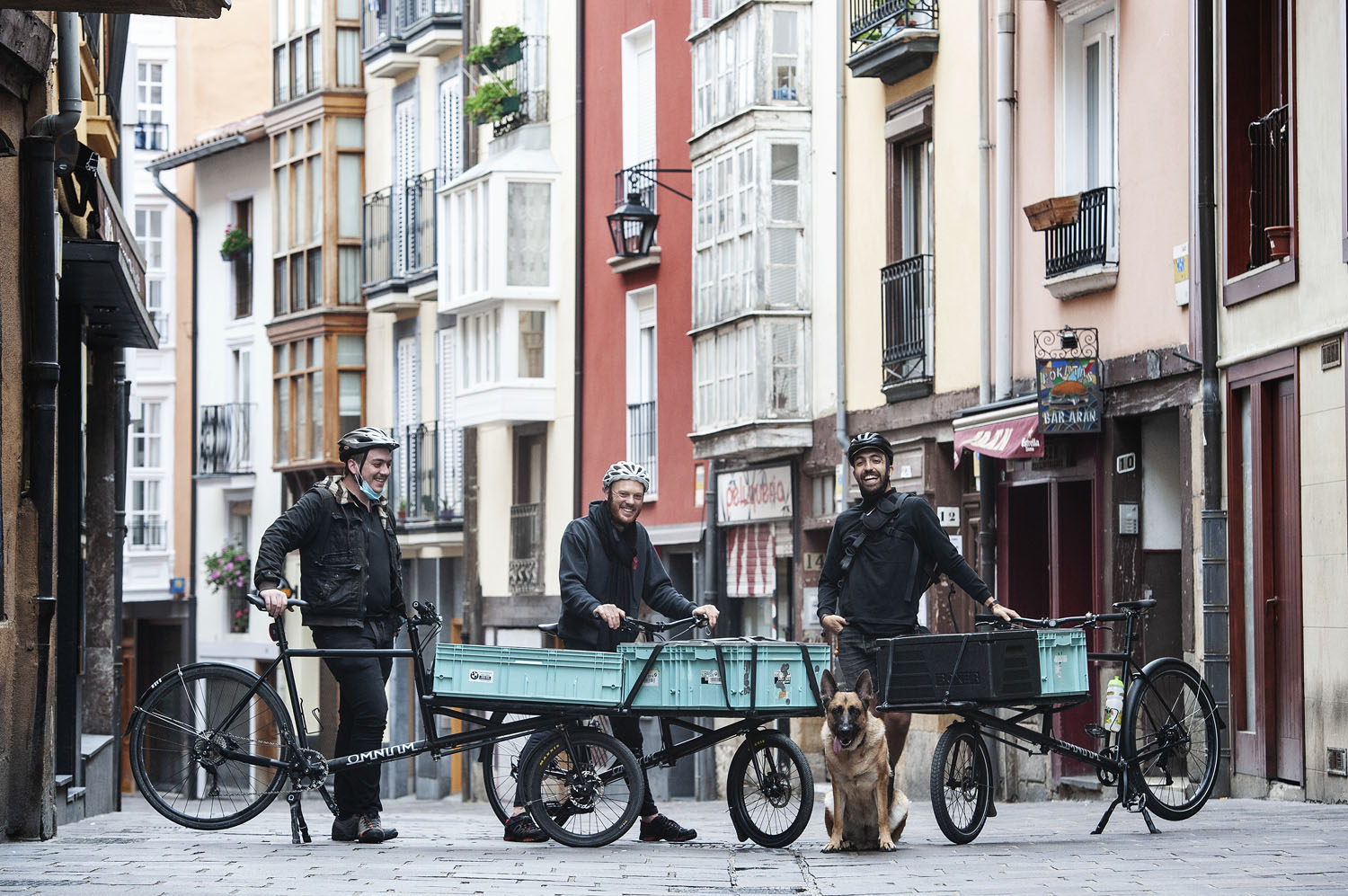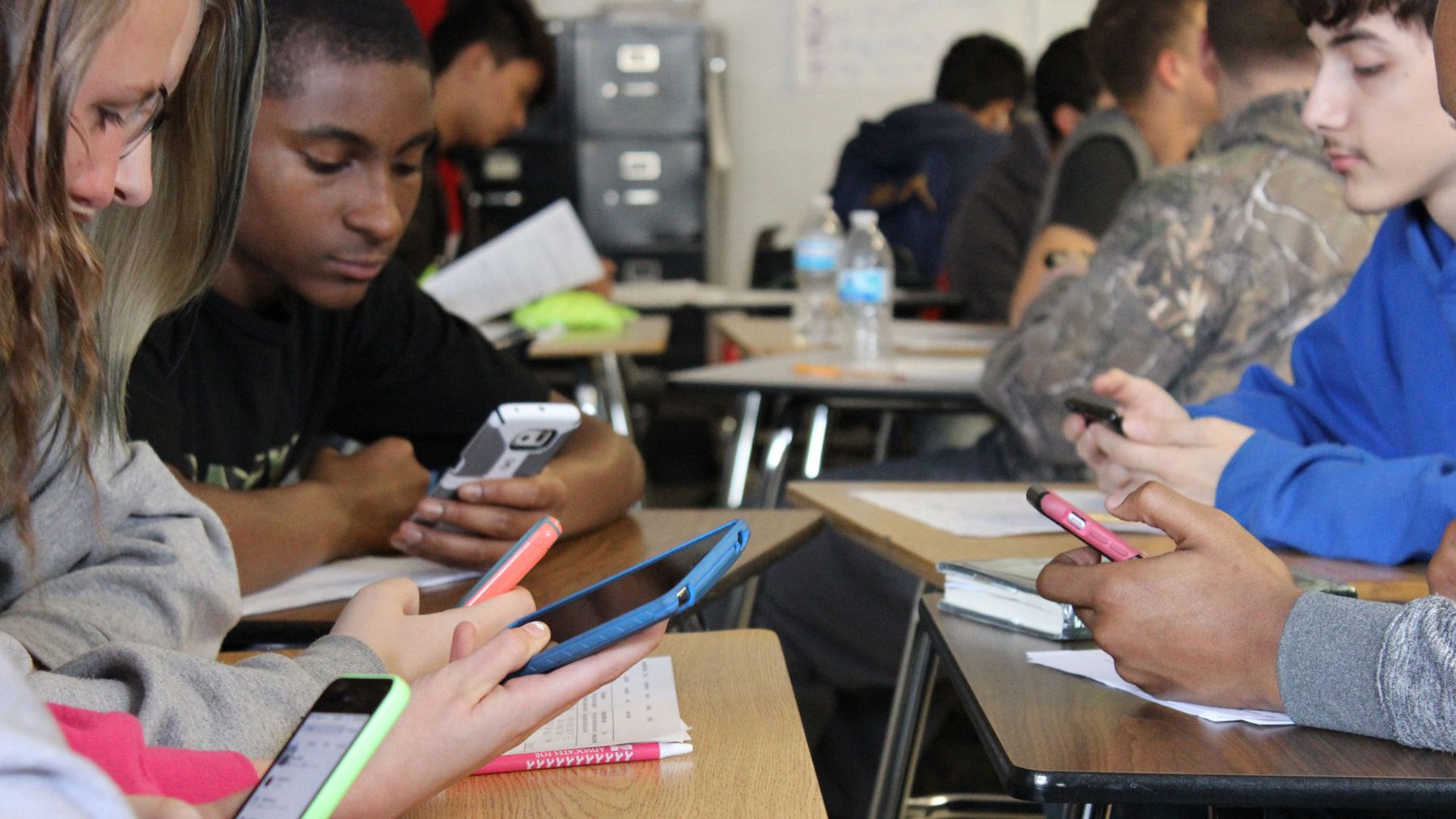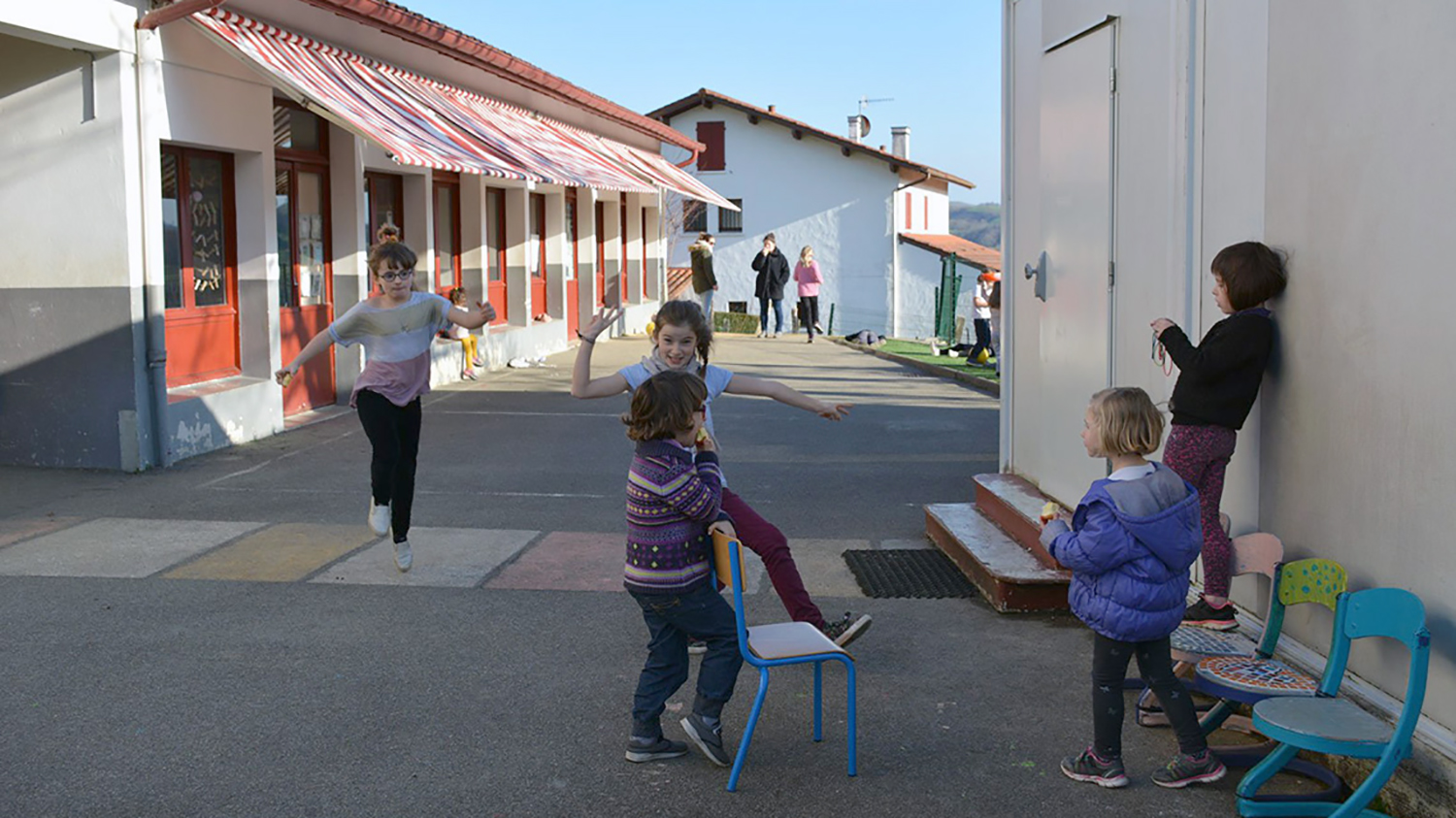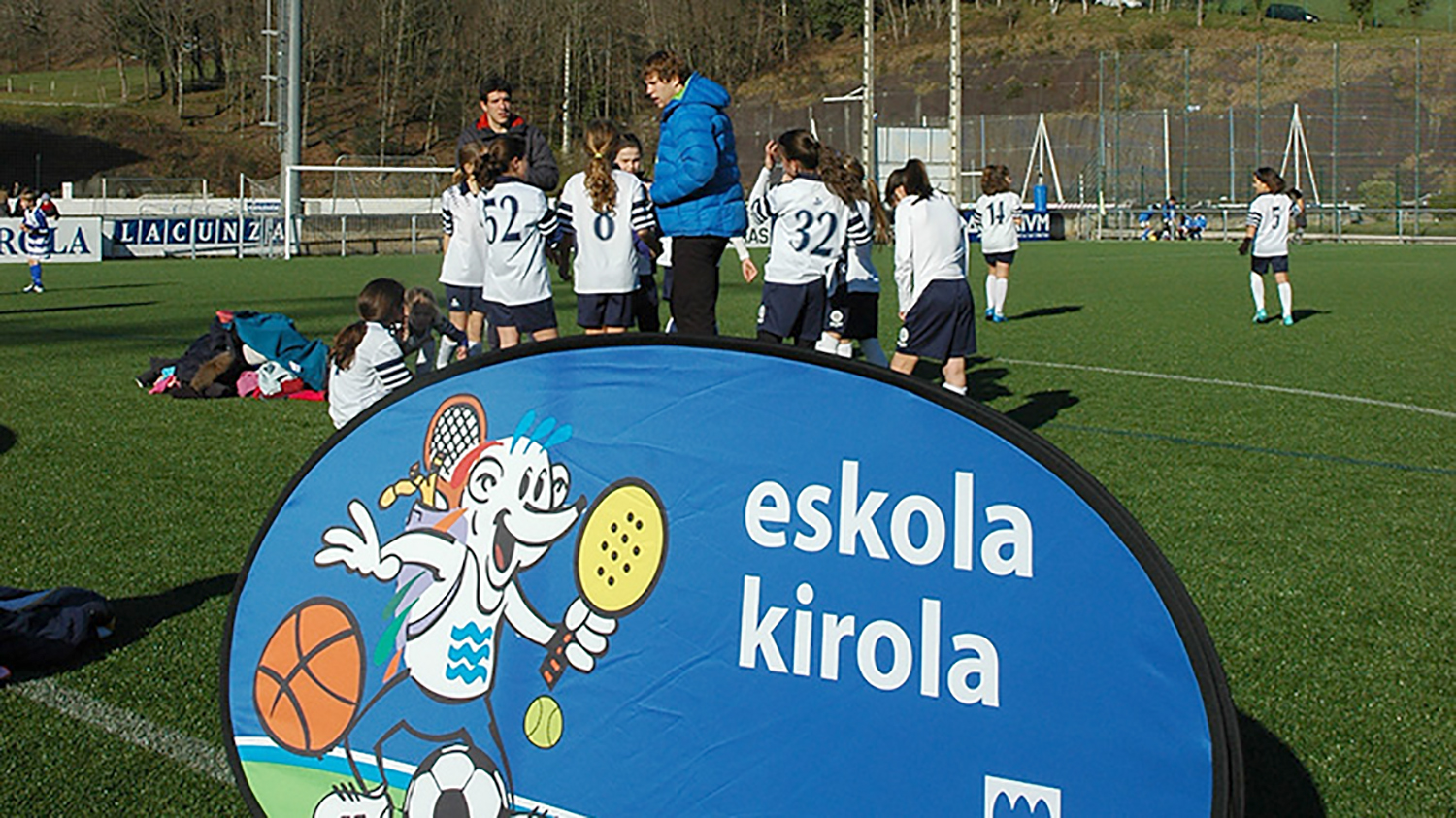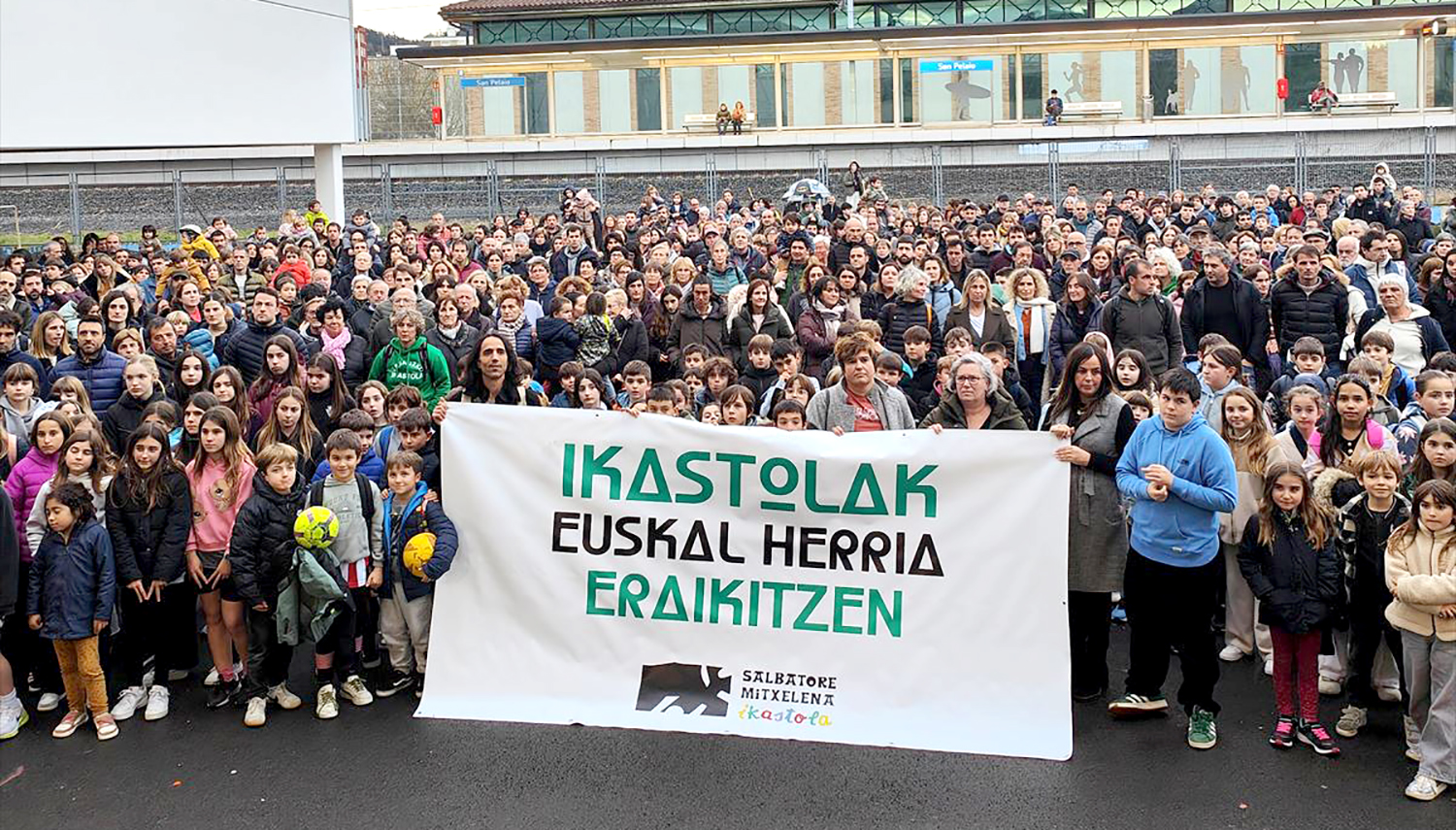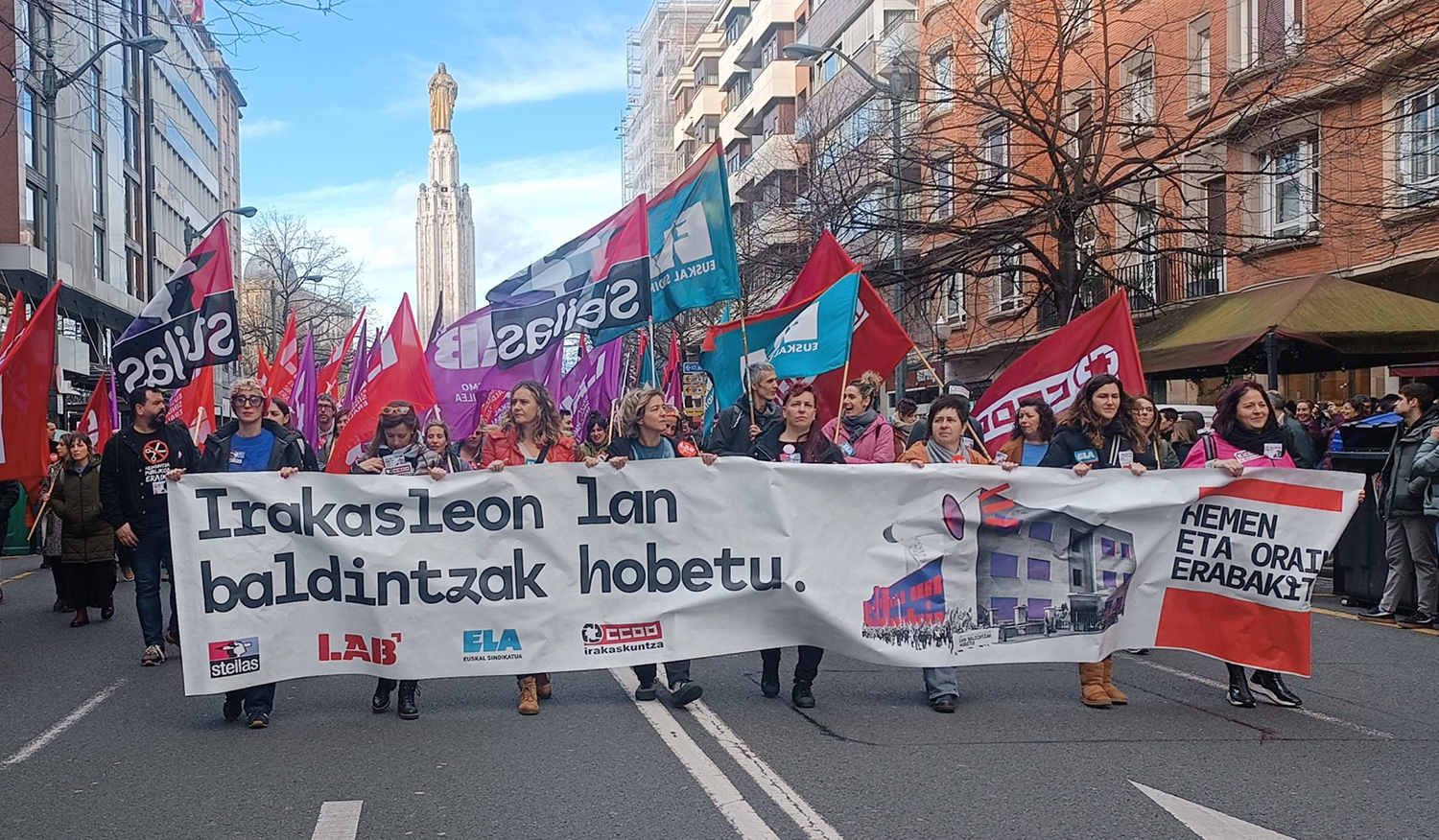Jump to school also needs adaptation
- There is much talk about the school adaptation of young children, but the jump to school is not too tender either: hormones dance and the fears and ghosts of each in the air, young people go from being more protected in Elementary to a more rigid learning model. Experts say it is important to help along this road.

“The moments of each stage have to be lived, and in the face of the new situations we all have expectations, the change always generates discomfort, but sometimes the changes are good, it is about lowering the pressure in that transition, and often that pressure comes from the academic sphere, of thinking that they will have academic difficulties”. Professor Otsanda Tolosa said this when explaining their plan to smooth the transition from Primary Education to ESO and the Institute to students. Basically, the plan is for seniors in Primary School to get in touch with those in the Institute's ESO to avoid the possible fears they may have.
In short, in a physical, psychological, cognitive, social and emotional change, in a process of knowledge of the limitations of freedom and the creation of a new identity, the new educational stage is marked by the change of center, the loss of the greater protection of a professor-tutor and the hardening of the academic field.
The opening of communication spaces at home is fundamental, but "we do not have to turn them into interrogations, but at times when the children share their concerns, concerns and illusions, without them being tried again".
In the sense mentioned by Tolosa, we must allow young people to experience and live all this, progressing in autonomy and freedom, with new challenges and consequences, but at the same time family monitoring is important, as highlighted by the psychopedagogue Sonia López in El País, providing keys for this.
The opening of communication spaces at home is fundamental, but “these spaces should not become interrogations, but moments in which to share the concerns, concerns and illusions that their sons and daughters have, without passing sentences”. They recommend parents to convey trust and optimism, rather than always being on top, to strengthen their self-esteem. Helping young people with routines, schedules and limitations for study and leisure is not bad either. At this stage when friends are so important, it is also important to show interest for the friends that (do) do. Finally, to be attentive to the warning signs to deepen the causes of the adolescent's lack of adaptation to the institute.
I received your e-mail in personal mail on the strike portals. At first, like many others, I thought it was to let you know what options we have in the face of the strike. But no, the e-mail received was a political and communicative movement against the strike.
I will confess... [+]
And for another year, the unions have organized prefabricated strikes for us. And we, individually, will decide whether or not to join the strike, without the need for any assembly at the school.
The strike model that I was taught is no longer in vogue, it seems. In my... [+]
Behin batean, gazterik, gidoi nagusia betetzea egokitu zitzaion. Elbira Zipitriaren ikasle izanak, ikastolen mugimendu berriarekin bat egin zuen. Irakasle izan zen artisau baino lehen. Gero, eskulturgile. Egun, musika jotzen du, bere gogoz eta bere buruarentzat. Eta beti, eta 35... [+]








.jpg)
